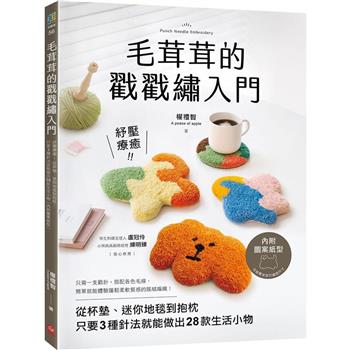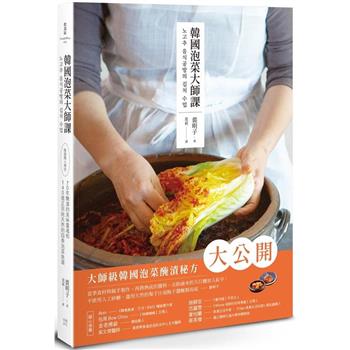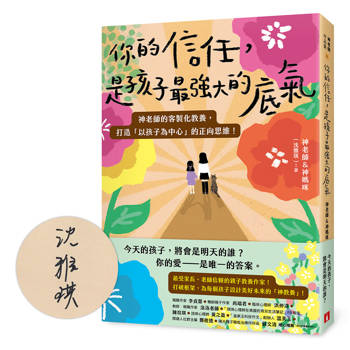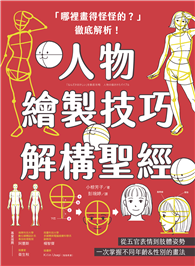Accompanying a major traveling exhibition, this book examines the unique artistic and cultural exchange between the Republic of Venice and Turkish Ottoman culture and identity over a three-hundred-year period.
From the early Renaissance to the end of the eighteenth century, Venice held a central position in the global trade network. This book explores how artistic and cultural ideas originating in the Ottoman Empire arrived in Venice and were reinterpreted through the decorative arts, printed books, painting, drawing, and architecture. Featuring a richly diverse selection from the collections of the Musei Civici di Venezia, this volume showcases the creative contributions of well-known Venetian artists such as Vittore Carpaccio, Gentile Bellini, Michele Giambono, and Mariano Fortuny alongside works created by the best anonymous craftspeople both in Venice and the Ottoman Empire, including textiles, metalwork, armor, and ceramics. With newly researched essays by esteemed international scholars on topics such as trade routes, the involvement of international communities in Venice, diplomatic interactions, and military power dynamics, this important volume offers freshly reviewed and new perspectives on the intricate artistic relationship that existed between Venice and the Ottoman Empire.| FindBook |
有 1 項符合
Venice and the Ottoman Empire: A Tale of Art, Culture, and Exchange的圖書 |
 |
Venice and the Ottoman Empire: A Tale of Art, Culture, and Exchange 出版社:Rizzoli Electa 出版日期:2024-10-29 語言:英文 規格:精裝 / 208頁 / 29.21 x 24.13 cm / 普通級/ 初版 |
| 圖書館借閱 |
| 國家圖書館 | 全國圖書書目資訊網 | 國立公共資訊圖書館 | 電子書服務平台 | MetaCat 跨館整合查詢 |
| 臺北市立圖書館 | 新北市立圖書館 | 基隆市公共圖書館 | 桃園市立圖書館 | 新竹縣公共圖書館 |
| 苗栗縣立圖書館 | 臺中市立圖書館 | 彰化縣公共圖書館 | 南投縣文化局 | 雲林縣公共圖書館 |
| 嘉義縣圖書館 | 臺南市立圖書館 | 高雄市立圖書館 | 屏東縣公共圖書館 | 宜蘭縣公共圖書館 |
| 花蓮縣文化局 | 臺東縣文化處 |
|
|
圖書介紹 - 資料來源:博客來 評分:
圖書名稱:Venice and the Ottoman Empire: A Tale of Art, Culture, and Exchange
內容簡介
作者簡介
Stefano Carboni was the inaugural CEO of the Museums Commission of the Ministry of Culture of the Kingdom of Saudi Arabia (2019-23); director and CEO of the Art Gallery of Western Australia (2008-19); and curator and administrator in the Department of Islamic Art at the Metropolitan Museum of Art (1992-2008). He is adjunct professor at the University of Western Australia.
|











